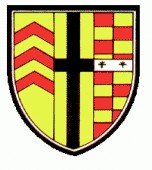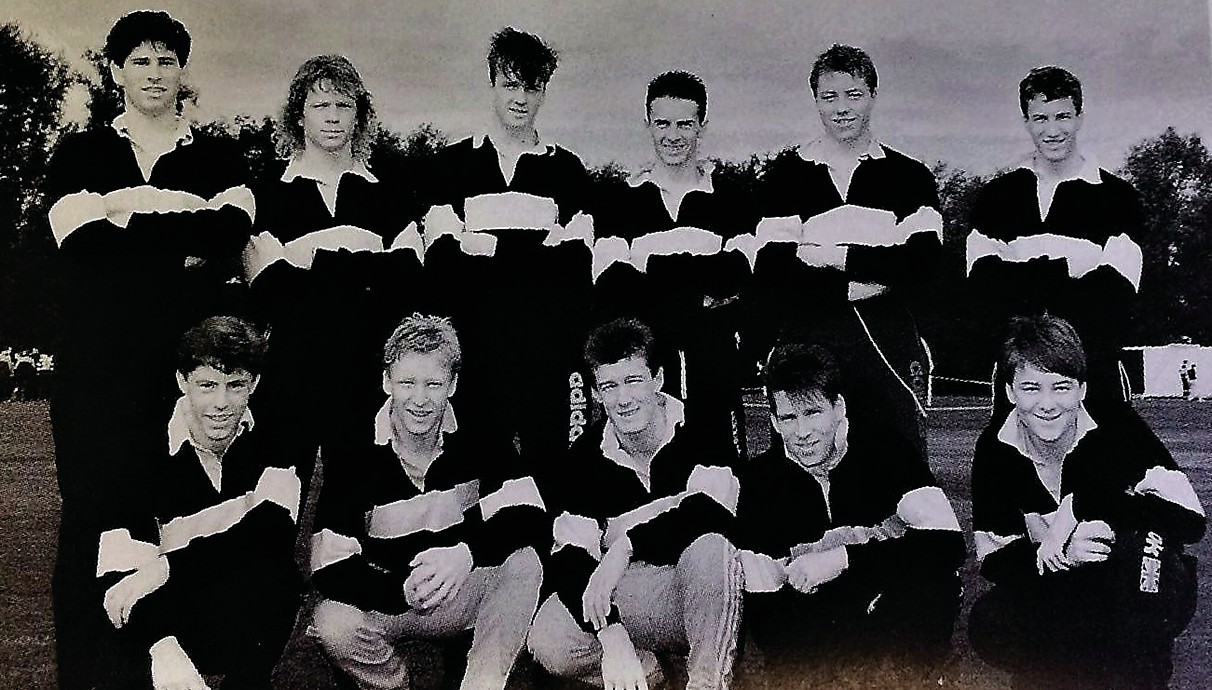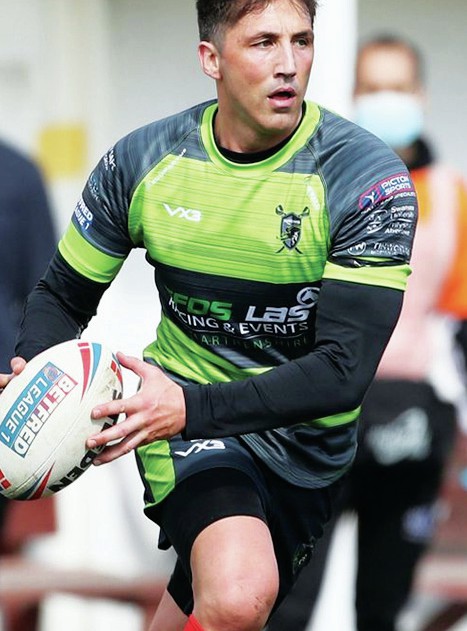Brendan Gallagher continues his series looking at rugby‘s great schools

WHEN assessing the rugby talent factories in Wales, Bridgend Grammar School – which later morphed into Brynteg Comprehensive – is right up there with the traditional powers in the land such as Llandovery, Monmouth and Christ College Brecon.
In one way we shouldn’t be surprised. Mid Glamorgan is a populous rugby hotbed and the biggest centre of education in the area is always going to be a gathering of rugby talent, but their consistency over the decades has been admirable culminating in the production of nine British and Irish Lions.
The first Brynteg pupil to achieve rugby fame was Horace Wyndham Thomas who starred as both a chorister and fly-half at the old Bridgend GS before his talents earned scholarships at Monmouth and then King’s College Cambridge where he studied history and won rugby and athletics Blues which heralded a first Wales cap in 1912. Melbourne Thomas was another early star, winning six Wales caps in the early 1920s but the first stellar name, and the first of Brynteg’s nine Lions, was Jack Matthews.
Matthews – famed as one of the greatest ever exponents of the crash tackle – started learning his rugby at Bridgend GS in the mid 30s when he excelled as both an athlete and rugby player. He was a Welsh Schools and Youth 100 and 220 yard champion and in 1939 came second in the Welsh AAA senior 100 yard championship but rugby was his true passion.
For three straight years he commanded a place at centre in the Welsh Schools side before his introduction to senior rugby pretty much coincided with the outbreak of World War 2 thus depriving him of six years of representative rugby.

During the war he completed his medical studies and also found time to famously go three rounds with the then unknown Rocky Marciano who was stationed in South Wales. After hostilities, his 17
Wales caps and six Test appearances for the Lions in New Zealand and Australia – most of them alongside his mate Bleddyn Williams – were all compressed into four busy years. During this time and for a number of years soon after his retirement Matthews was also a regular visitor at Troops Hereford where he was heavily involved in getting the SAS recruits fit.
Another hewn from the same rock was JPR Williams, one of four rugby-playing brothers who all attended the Grammar School. The future Wales and Lions full-back won his Wales U15 caps from the school in 1964 in a team that also included JJ Williams, Phil Bennett and Wilson Lauder. The Grammar School in those days formed the majority of the Bridgend U15 squad and that season they enjoyed a particularly epic run in the Dewar Shield which included a semifinal win over Llanelli before they lost both legs of the final 3-0 to Newprot.
A huge influence at the school during this period as an all purpose PE teacher was Olympic long jump champion Lynn Davies who not only took care of fitness but was an enthusiastic participant in all training sessions despite the risk of injury. It was Davies who introduced JPR to the judicious use of weights.
Williams missed out on his senior schools cap in the lower sixth and was then tempted to Millfield in his final year by a tennis scholarship rather than the rugby – he was a Junior Wimbledon doubles champion in 1966. He duly won more Welsh Schools caps from Millfield although not without controversy, their headmaster Boss Meyer being outraged that he had put playing for Wales ahead of representing Millfield at the Rosslyn Park Sevens which at that stage they had never won.
And still the big name players kept coming as the school changed from Grammar school to Comprehensive and then Sixth Form College.
Racing through the decades, Gareth Williams was an athletics No.8, a Sevens expert but also good enough to to win a Test cap for the Lions in 1980 and later that decade Mike Hall was a very classy centre who also won Lions honours on the 1989 tour of Australia.
Another great Sevens player but also a superb fifteens performer was Rob Howley who blazed a trail from the start at Brytneg in the late 80s when the formidable Keith Crockett was at his peak as a coach.
Howley, who also played cricket for Wales Schools as well as rugby, remembers him fondly.
“Keith had a huge influence, first as head of the lower school and then later on as coach to the rugby First XV. In the early days we saw him as an awesome figure –a disciplinarian, extremely strict.
He’s still at the school and I expect he’s still like that. He looked after the waifs and strays and kept them in line. Anyone who was sent to see him would be quaking in their shoes while they were waiting.
“It only happened to me once. It was during the conker season and my conker flew off the end of my string and hit one of the teachers. Fortunately for me Keith saw there was a funny side to it.
“Keith has a terrific sense of humour, but it was concealed in those days. I got to know the other side of him after I got into the First XV. Keith had played for a good local club, Bridgend Sports, knew a lot about the game and knew how to get that knowledge across as a coach. He was particularly strong as a coach of Sevens.
“We travelled to a lot of tournaments like the NatWest and the Rosslyn Park Sevens, and were very successful, winning four or five competitions while I was there. Sevens wasn’t always taken very seriously in Wales, but I’ve always been grateful for the emphasis Keith put on it. As well as getting the chance to go to competitions like the World Sevens, it is excellent training for rugby. You have to develop an all-round game, to be able to pass, tackle one on one and read the game well.”

From roughly the same era was underrated wing Daffyd James, a Lions colleague of Howley in 2001, followed by Gavin Henson who was a prodigious schoolboy player famously winning one Brynteg game on tour in South Africa with a 50 metre penalty.
The well continued to run deep at Brynteg. In 2006 they won the junior tournament at Rosslyn Park and the following decade nurtured two more Lions in Rhys Webb. who had won Wales U16 and U18 caps from the school and, most recently, Josh Navidi, the rugged Wales flanker.
Nor should we forget other Welsh caps such as Ken Richards, Scott Baldwin, Neil Boobyer, Matthew Goss, Nathan Thomas and Matthew Morgan. And a shout out also for Wales Rugby League caps Kevin Ellis, Ollie Olds and brothers Ben and Rhys Evans.























